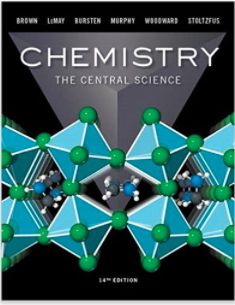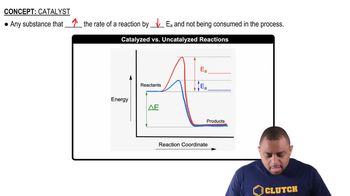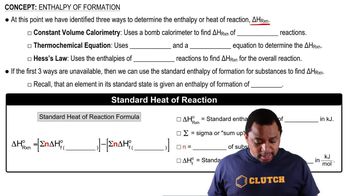You have studied the gas-phase oxidation of HBr by O2: 4 HBr(g) + O2(g) → 2 H2O(g) + 2 Br2(g)
You find the reaction to be first order with respect to HBr and first order with respect to O2. You propose the following mechanism:
HBr(g) + O2(g) → HOOBr(g)
HOOBr(g) + HBr(g) → 2 HOBr(g)
HOBr(g) + HBr(g) → H2O(g) + Br2(g)
(a) Confirm that the elementary reactions add to give the overall reaction.





